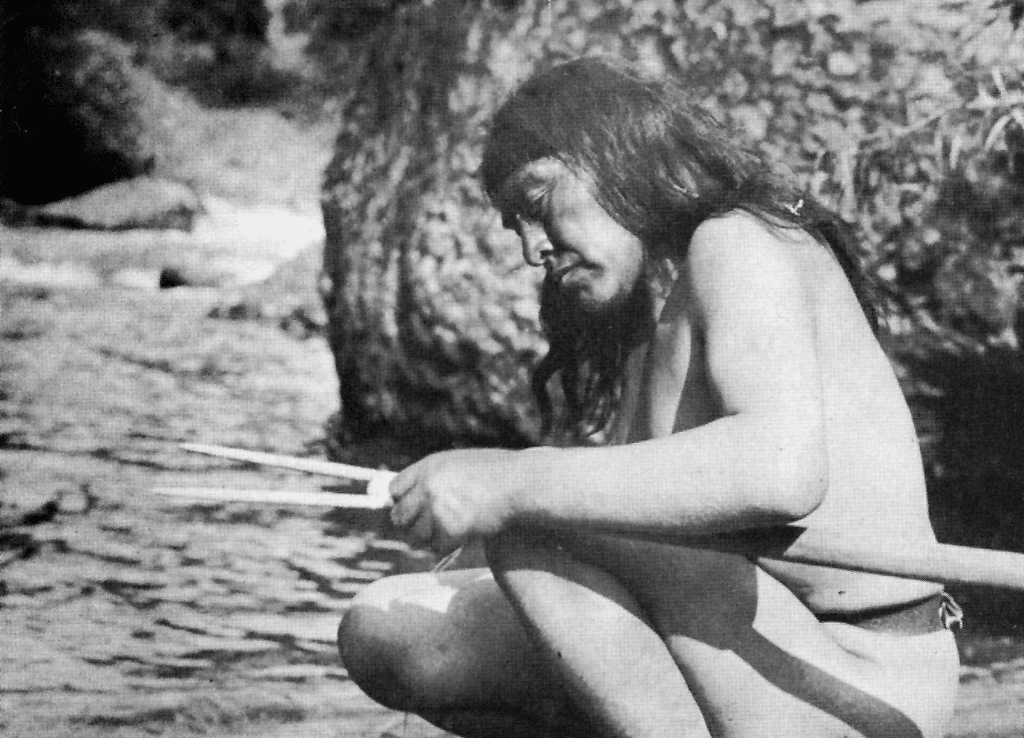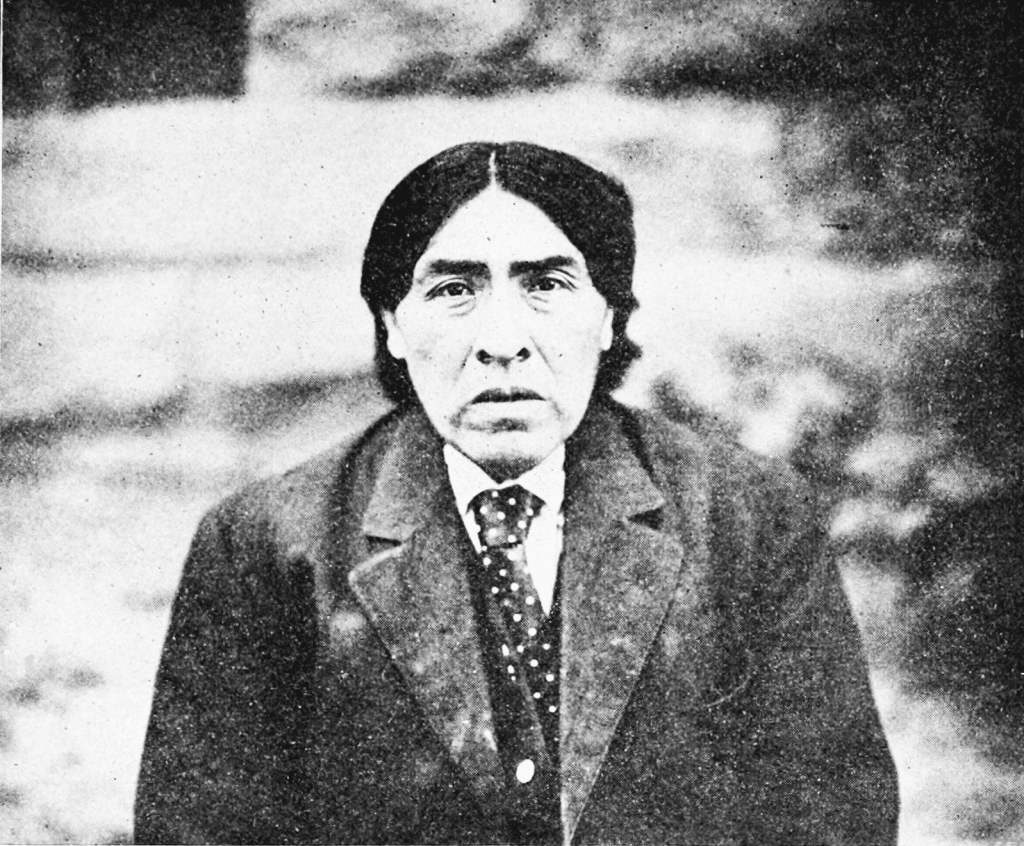An Unexpected Arrival from the Wilderness
In the summer of 1911, a gaunt and silent man stepped out of the remote forests near Oroville, California. Clad in rough clothing and carrying tools made of stone, he looked as if he had walked straight out of a different era. He did not speak English or any language anyone nearby recognized. Authorities were baffled. Who was this man? Where had he come from?
He was Ishi, the last known member of the Yahi, a small subgroup of the Yana people native to Northern California. His emergence from the wilderness marked one of the most profound and tragic moments in American history a moment when an entire people vanished, leaving behind only one final witness.

A People Lost to History
The Yahi were once part of a thriving network of indigenous tribes who lived for thousands of years along California’s rivers and woodlands. But by the mid-1800s, their world began to unravel. The California Gold Rush brought thousands of settlers who cleared forests, rerouted rivers, and unleashed violent campaigns against Native populations. Disease, displacement, and outright massacres devastated the Yahi.
Video:
The Man Who Hid from the Western World | Ishi the Last Yahi
By the time Ishi appeared in 1911, he had lived in hiding for decades. He, his family, and a handful of other survivors had taken refuge deep in the mountains, evading contact with the outside world. Eventually, even that small group was lost to illness, hunger, or age until Ishi was truly alone.
The Man with No Name
In Yahi tradition, it was taboo to speak one’s own name. Names were given and spoken by others in the tribe. So when the last of his people passed away, Ishi no longer had anyone left to speak his name aloud. Out of respect for his cultural beliefs, anthropologists at the University of California, Berkeley, referred to him simply as “Ishi,” meaning “man” in the Yana language.
To the public, he became known as the “wild man” or “last of the stone age,” but behind those headlines was a deeply intelligent, gentle soul who held the final living memory of an entire people.

A New Home at UC Berkeley
After his discovery, Ishi was brought to the University of California Museum of Anthropology in San Francisco. There, he was not treated as a specimen, but as a teacher and collaborator. He formed a close bond with anthropologist Alfred Kroeber and his colleagues, who helped document Ishi’s language, stories, and traditional skills.
Video:
The Last Yahi: Ishi
Far from being a passive subject, Ishi actively demonstrated how his people made tools, hunted, and built shelters. He crafted arrowheads, bows, and other artifacts that are now considered priceless cultural treasures. His recordings and interviews helped preserve the language and oral history of the Yahi, much of which would have been lost forever without his contribution.
Preserving the Echoes of a Vanished World
During his time at the museum, Ishi lived in modest quarters and worked as a janitor and demonstrator of traditional Yahi crafts. Visitors came from around the country to hear him speak and watch him work. While he never truly adapted to modern life, he showed remarkable resilience, patience, and dignity in a world that was completely foreign to him.
Ishi died of tuberculosis in 1916, just five years after his emergence. Though his final years were marked by loneliness and illness, he left behind a powerful legacy. The knowledge he shared continues to educate and inspire generations of scholars, historians, and Native advocates.

A Legacy Beyond One Life
Ishi’s story is not just the tale of one man’s survival; it is a reflection of the broader story of America’s indigenous peoples their strength, their suffering, and their wisdom. He represents the endurance of culture against impossible odds and the importance of preserving what might otherwise be erased.
Today, exhibits, books, and documentaries remember Ishi as a symbol of cultural resilience and historical reckoning. His life reminds us that even in silence, history can speak and even when a people disappear, their memory can endure.



